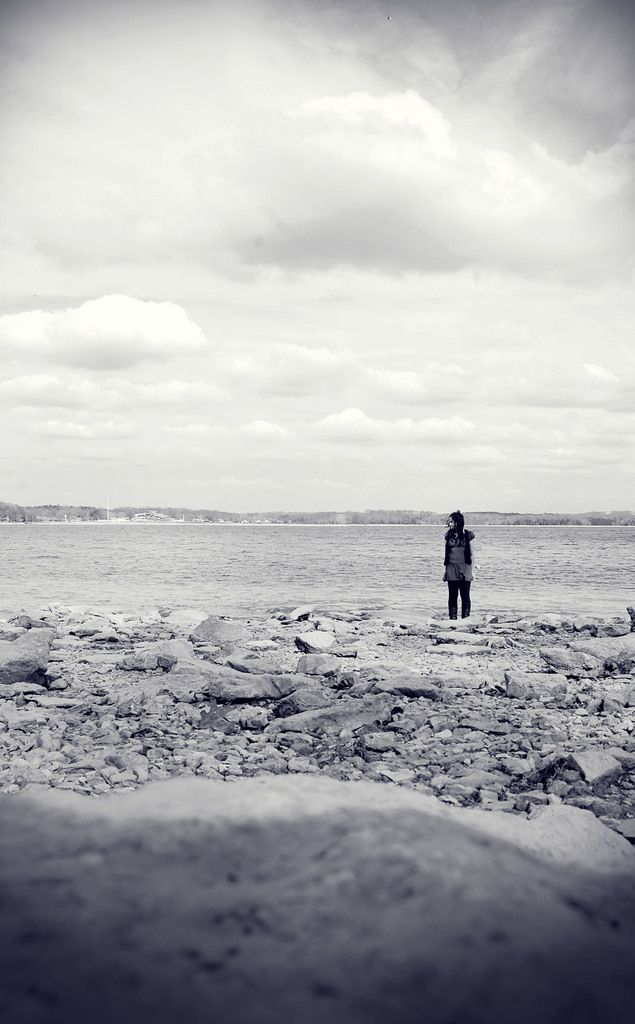Casinos Push for Benefits as Rhode Island Weighs Smoking Ban
Bally's Rhode Island Requests Additional Marketing Budget amid Discussions on Potential Smoke Ban
In the face of potential indoor smoking bans, Rhode Island's Bally's casinos are rallying for state benefits to offset any potential losses. These measures are under consideration as health concerns reach a boiling point for casino workers.
Last week, about 150 casino workers from the state's two casinos, Lincoln and Tiverton, marched through the State House, endorsing a proposal to put an end to indoor smoking.
If passed, House Bill 5464 and Senate Bill 188 will eliminate a current exemption that exempts the Bally's properties from the state's indoor smoking ban, a loophole that has persisted due to broader laws prohibiting smoking in workplaces [1][2][3].
Bally's Digs In Its Heels, Backs SB 1112
Despite their opposition to the smoking ban, Bally's has thrown its support behind Senate Bill 1112. The company argues that it already contributes significantly to the state and fears the ban could deal a heavy blow to its operations. For instance, Bally's Lincoln and Tiverton contribute approximately 60% of their video lottery terminal (VLT) revenue and 15.5% of their table game revenue as tax to the Rhode Island government [2].
Bally's has appealed to Rhode Island officials, suggesting an increase in the annual marketing subsidies for casinos as a way to counteract the financial impact of the ban. Currently, the state offers roughly $4 million for Bally's marketing needs. An increased allocation, Bally's contends, would help cushion the blow of a smoking ban, with a potential loss of up to $20 million per year [2][4].
Under Senate Bill 1112, Bally's Lincoln and Bally's Tiverton will join a Combined Marketing Program, which would grant them around $6.75 million [2][4].
Proposed Changes and Potential Impacts of House Bill 5464 and Senate Bill 188
Proposed Changes
The aim of House Bill 5464 and Senate Bill 188 is to ban indoor smoking in Rhode Island's casinos, addressing health concerns raised by employees caught in the smoke-filled environment of the casino workforce [1][2][3].
Potential Impacts
Health and Safety
- Reduced Exposure to Secondhand Smoke: The ban could significantly reduce the exposure of casino workers and patrons to secondhand smoke, a health risk linked to various diseases like cancer and respiratory disorders [3].
- Improved Working Conditions: By eliminating indoor smoking, the bills aim to create a safer working environment for casino employees, bringing casino workplaces in line with broader Rhode Island workplace safety standards [3].
Economic and Business Impacts
- Potential Losses for Casinos: Implementing a smoking ban could lead to a decrease in revenue for the casinos, as some patrons may prefer venues that allow smoking [2][4].
- Request for Additional State Benefits: In response to potential financial losses, Bally's Corporation has requested additional marketing funds to help mitigate the impact of the ban. Their proposal includes joining a Combined Marketing Program, which would provide them with approximately $6.75 million [2][4].
- Competitive Disadvantage: Casinos in Rhode Island could face a competitive disadvantage if smoking is banned while neighboring casinos in other states continue to allow it [2].
Community and Public Response
- Worker Support: The casino workforce has displayed enthusiasm for the bills, emphasizing the need for a smoke-free environment for their health and safety [3].
- Public Awareness: The debate has sparked public awareness about the health risks associated with secondhand smoke in casinos, potentially influencing public opinion and support for the legislation [3].
In response to the potential smoking ban, Bally's casinos in Lincoln and Tiverton have advocated for Senate Bill 1112 to secure increased marketing subsidies, fearing financial losses of up to $20 million per year if indoor smoking is banned. Meanwhile, the casino-games at these establishments, including poker, could potentially be impacted by the proposed House Bill 5464 and Senate Bill 188, which aim to reduce the exposure of casino workers to secondhand smoke by banning indoor smoking.








